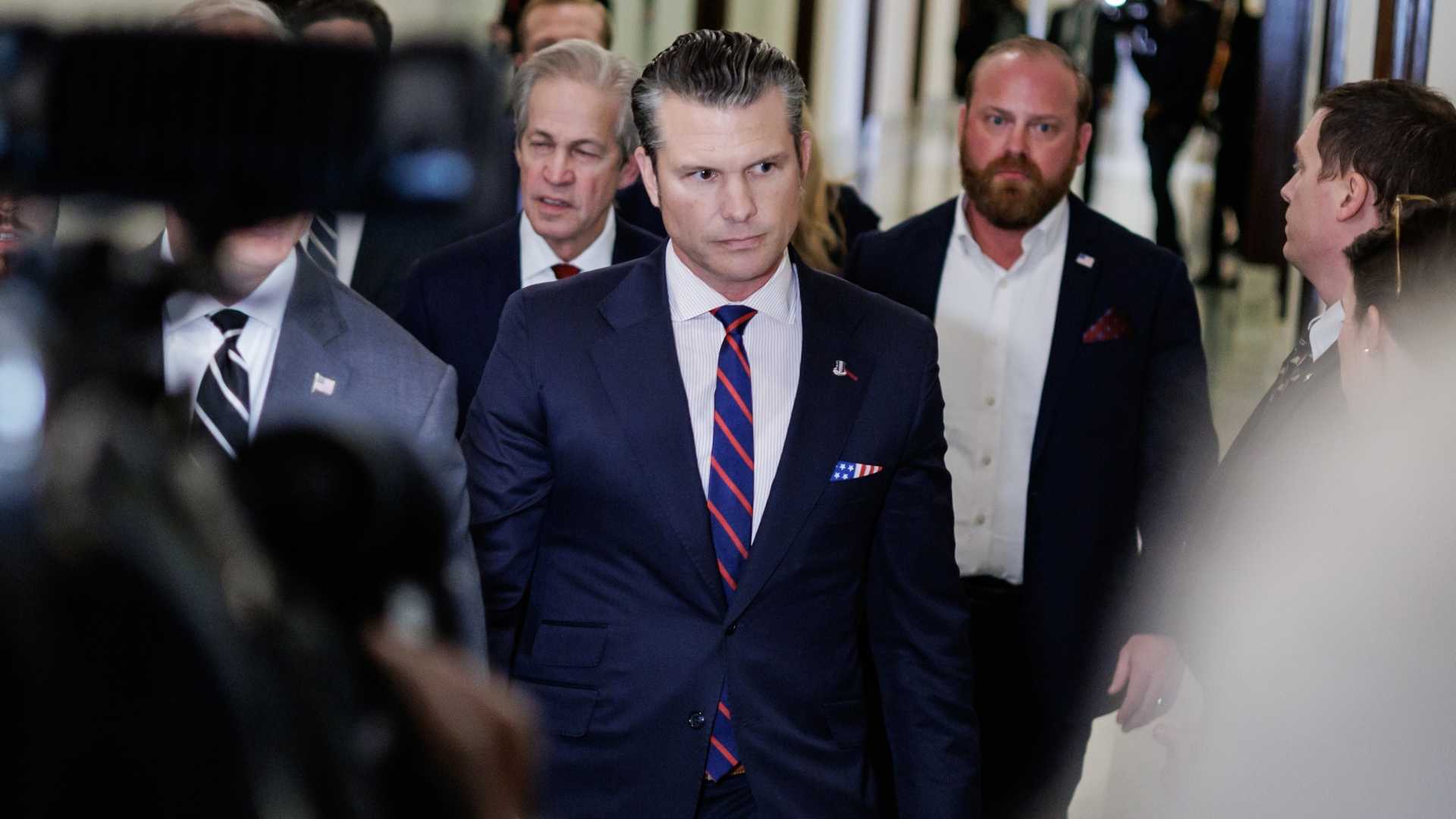Politics
Pentagon’s New Leadership: What Awaits Pete Hegseth as Defense Secretary?

WASHINGTON, D.C. — Senate confirmation hearings for Pete Hegseth, President-elect Donald Trump‘s nominee for secretary of defense, are set to begin on Jan. 14, 2025. If confirmed, Hegseth, a Fox News presenter and former infantry platoon leader, will take charge of the largest bureaucracy on Earth, overseeing a budget exceeding $800 billion and managing 1.2 million active-duty service members, 1.3 million reservists, and 900,000 civilian employees.
The Department of Defense (DoD) is a behemoth, with responsibilities spanning defense policy, operations, and budgeting. It maintains nearly 30 million acres of real estate—larger than Pennsylvania—and accounts for about 1% of the nation’s carbon emissions. The Pentagon‘s influence extends globally, with operations in over 800 military installations worldwide.
Evelyn Farkas, a former deputy assistant secretary of defense under the Obama administration, explained the secretary’s role: “They’re responsible for making sure those people are able to do their jobs—which, collectively, is to defend the United States, the American people, and U.S. interests.” The secretary also advises the president on military strategy and oversees the implementation of defense policies.
Hegseth’s confirmation comes at a critical time, as global tensions and domestic priorities demand careful navigation. The secretary of defense plays a pivotal role in decisions involving military force, including the potential use of nuclear weapons, which could have far-reaching consequences for every American. Additionally, the economic ripple effects of defense decisions, such as base closures or budget allocations, can significantly impact local communities.
The DoD’s budget, which constitutes about 16% of the federal budget, funds not only military operations but also research and development. Historically, defense innovations, such as GPS technology, have transitioned into civilian use, benefiting consumers worldwide. However, Farkas noted that the civilian sector has recently outpaced the DoD in innovation, making the secretary’s role in prioritizing research and development even more crucial.
Hegseth’s predecessors, including Robert Gates, Leon Panetta, Chuck Hagel, and Ash Carter, brought diverse strengths to the role. Gates was known for his empathy and government experience, while Panetta’s humor and directness stood out. Hagel’s Senate connections and Carter’s expertise were also assets. Farkas emphasized that honesty, empathy, and a sharp intellect are key attributes for an effective secretary of defense.
Interactions with Congress will be a critical aspect of Hegseth’s tenure. The secretary must balance defending the DoD’s policies and budget while respecting Congress’s oversight role. Farkas highlighted the challenges of maintaining good relations with lawmakers, especially during public hearings. “It takes a lot of patience and self-control on the part of the secretary of defense to successfully maintain good relations, public and private, with members of Congress,” she said.
As Hegseth prepares for his confirmation hearings, the stakes are high. The secretary of defense not only shapes national security but also influences the lives of millions of Americans, from military personnel and their families to communities dependent on defense-related industries. His ability to lead the Pentagon effectively will be crucial in addressing both current and emerging threats to the nation.












